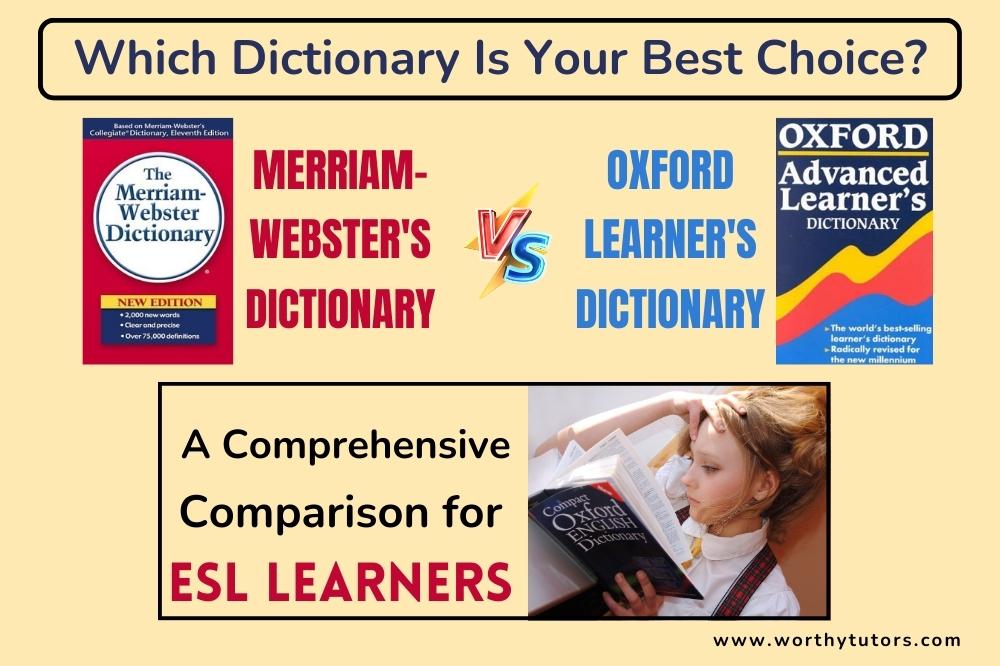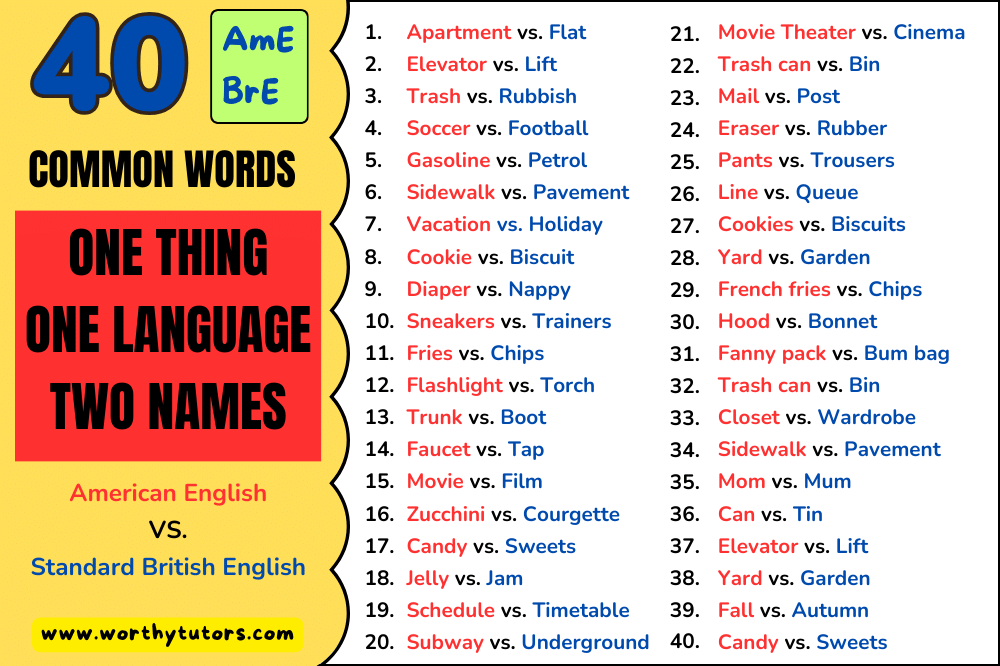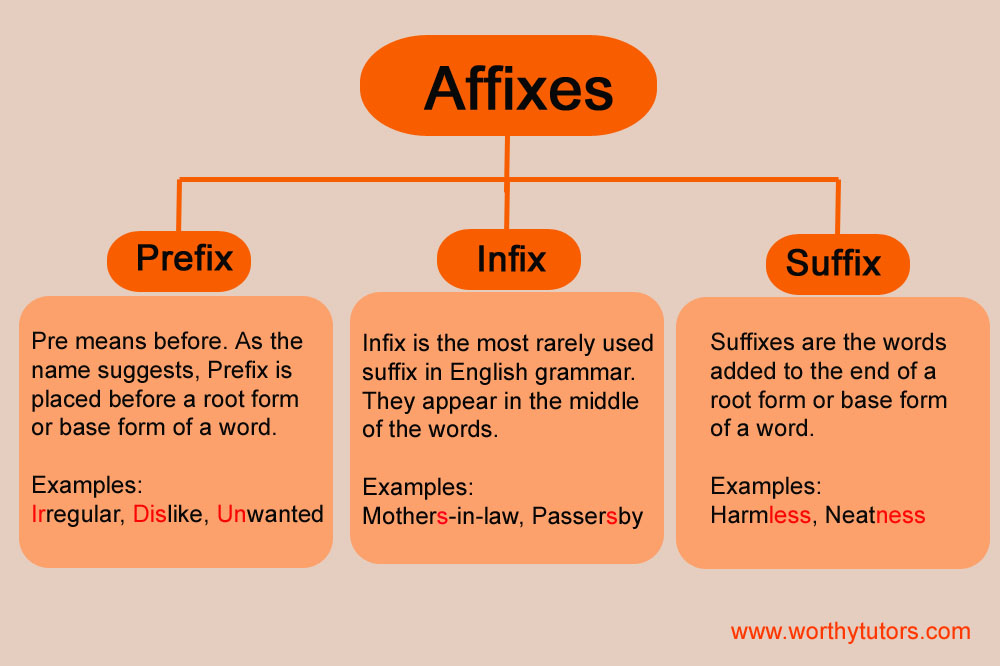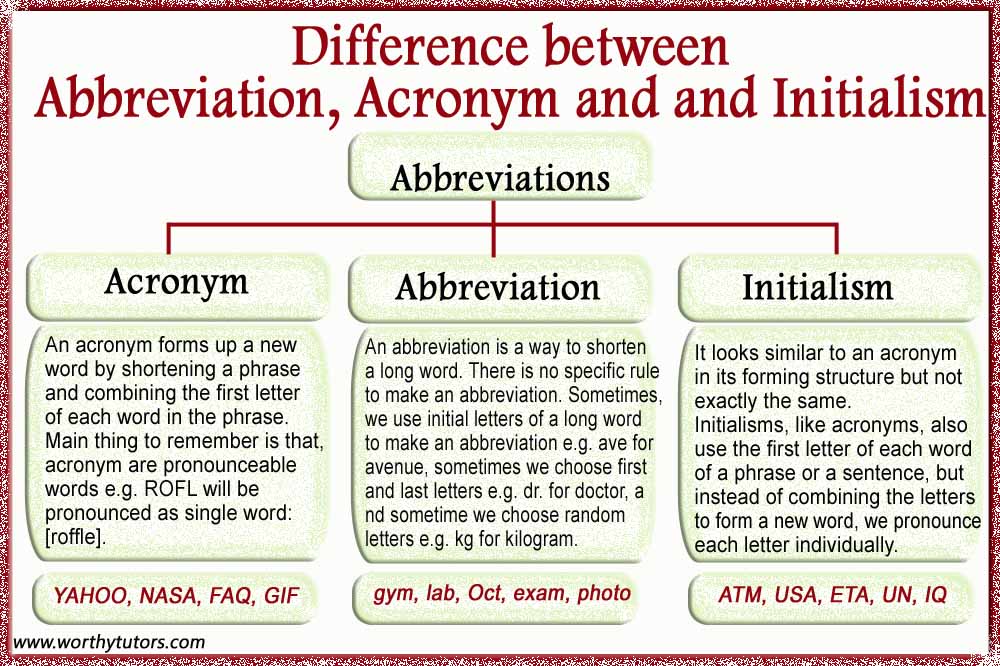
Oxford Learner’s Dictionary vs. Merriam-Webster’s Dictionary: A Comprehensive Comparison for ESL Learners
ESL (English as a Second Language) learners often find themselves struggling with a multitude of resources to enhance their language skills. Among these resources, dictionaries play a main role in providing accurate definitions, usage examples, and pronunciation guidance. Oxford Learner’s Dictionary and Merriam-Webster’s Dictionary are two prominent competitors in English vocabulary bank, each offering distinct features to meet the needs of ESL learners. In this article, we’ll discuss main features, accessibility, and suitability of both dictionaries to determine which one stands out as the better choice for ESL learners.
Introduction to Oxford Learner’s Dictionary
Oxford Learner’s Dictionary, published by Oxford University Press, is renowned for its comprehensive coverage of the English language. It caters specifically to learners of English, providing clear and concise definitions accompanied by phonetic transcriptions and usage examples.
Introduction to Merriam-Webster’s Dictionary
On the other hand, Merriam-Webster’s Dictionary boasts a rich history dating back to the 19th century. It is widely regarded for its authority in American English and offers a vast array of vocabulary, along with detailed definitions and usage guidance.
Features of Oxford Learner’s Dictionary
Definitions and Pronunciations: Oxford Learner’s Dictionary excels in providing precise definitions that are easy to understand, coupled with phonetic transcriptions that aid in correct pronunciation.
Usage Examples: One of the standout features of Oxford Learner’s Dictionary is its extensive collection of usage examples, illustrating how words are used in context, thus enhancing comprehension.
Word Origin and History: The dictionary also includes information on word origins and etymology, allowing learners to delve deeper into the historical evolution of the English language.
Features of Merriam-Webster’s Dictionary
Definitions and Pronunciations: Similar to Oxford Learner’s Dictionary, Merriam-Webster’s Dictionary offers comprehensive definitions and accurate pronunciations, albeit with a focus on American English.
Usage Guidance: Merriam-Webster’s Dictionary provides valuable usage guidance, helping learners navigate nuances in meaning and usage, particularly within the context of American English.
Vocabulary Building Tools: Furthermore, it offers vocabulary-building tools such as word games and quizzes, making the learning process interactive and engaging.
Comparison of Accessibility and User Interface
Both dictionaries are available in print and digital formats, with user-friendly interfaces that facilitate easy navigation and quick access to information. However, Oxford Learner’s Dictionary stands out for its intuitive layout and visually appealing design, making it particularly suitable for ESL learners.
Coverage of Idioms and Phrasal Verbs
For idioms and phrasal verbs, Oxford Learner’s Dictionary provides comprehensive coverage, offering explanations and examples to aid in understanding and usage. Because it covers different regional and cultural aspects of English language across the globe. While Merriam-Webster’s Dictionary also includes idiomatic expressions, its focus may lean more towards standard vocabulary.
Cultural Relevance and Geographic Variations
Considering the global nature of English language learning, Oxford Learner’s Dictionary acknowledges and incorporates diverse cultural references and geographic variations, thereby catering to a wide audience of ESL learners. On the contrary, Merriam-Webster’s Dictionary may predominantly reflect American cultural contexts and linguistic norms.
Online Resources and Mobile Applications
Both dictionaries offer online resources and mobile applications, allowing learners to access dictionary entries, practice exercises, and additional learning materials on the go. Oxford Learner’s Dictionary provides a seamless online experience with regular updates and supplementary resources tailored to ESL learners’ needs. While Merriam-Webster’s Dictionary also provides good words building tools like playing games and quizzes with in its mobile application.
Pricing and Subscription Options
In terms of pricing and subscription options, Oxford Learner’s Dictionary offers flexible plans catering to individual learners, educational institutions, and businesses. Meanwhile, Merriam-Webster’s Dictionary also provides subscription-based access, albeit with varying features and pricing tiers.
User Reviews and Feedback
User reviews and feedback play a crucial role in assessing the effectiveness and usability of both dictionaries. While opinions may vary, Oxford Learner’s Dictionary often receives praise for its learner-friendly approach and comprehensive content, whereas Merriam-Webster’s Dictionary is lauded for its authority and depth of coverage in American English.
Which One Is Better for ESL Learners?
Choosing between Oxford Learner’s Dictionary and Merriam-Webster’s Dictionary ultimately depends on individual preferences and learning objectives. For ESL learners seeking a learner-centric approach with a focus on international English in the context of cultural diversity, Oxford Learner’s Dictionary emerges as the preferred choice. It is recommended for new learners because they can learn basic vocabulary that is in practice in different cultural regions.
However, for those specifically interested in mastering American English vocabulary or want to explore English vocabulary at advance level, Merriam-Webster’s Dictionary offers a wealth of resources and insights. Especially academic students and those who are seeking to go for higher education in America, Maxico, Canada, China; they should opt Merriam-Webster’s because it has a good authority command on defining words and their etymology.
Conclusion
In conclusion, both Oxford Learner’s Dictionary and Merriam-Webster’s Dictionary are invaluable resources for ESL learners, each offering unique features and benefits. Whether you prioritize accessibility, cultural relevance, or depth of coverage, both dictionaries are instrumental in enhancing English language proficiency and expanding vocabulary. Ultimately, the choice between the two boils down to individual learning preferences and goals.
FAQs
FAQ 1: Can I use both dictionaries for learning English?
Absolutely! Using multiple dictionaries can provide a broader perspective and deeper understanding of the English language.
FAQ 2: Which dictionary provides better pronunciation assistance?
Both Oxford Learner’s Dictionary and Merriam-Webster’s Dictionary offer accurate phonetic transcriptions and pronunciation guidance, ensuring learners develop clear and articulate speaking skills.


